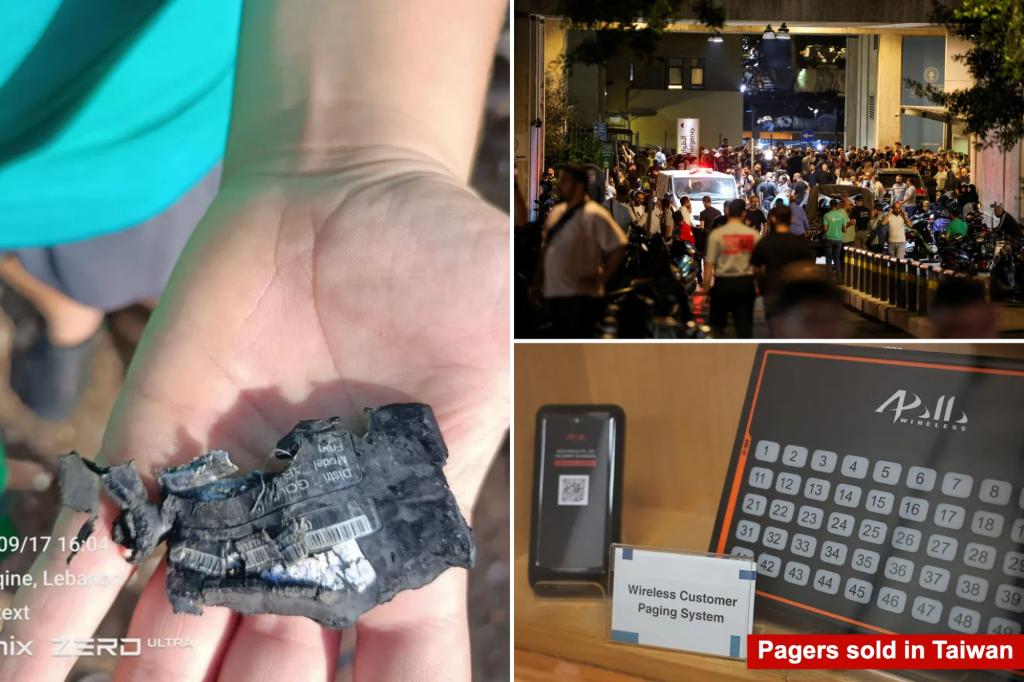A coordinated and deadly attack occurred against Hezbollah terrorists in Lebanon, using pagers rigged with explosives that were sourced from Taiwan. The explosive devices went off simultaneously, killing a least nine people and injuring nearly 3,000, including Iran’s ambassador to Lebanon. Hezbollah had ordered 3,000 of the pagers from Gold Apollo in Taiwan, most of them being the company’s AP924 model. However, the shipment was intercepted by the Israeli spy agency Mossad approximately five months prior to the attack and was rigged with a highly explosive material called pentaerythritol tetranitrate.
The pagers were implanted with a small amount of explosive material and a remote-triggered switch that could set off the detonation. They received a message that appeared to be from Hezbollah’s leadership causing the batteries to overheat, triggering the switch and activating the explosives. The pagers were also programmed to beep before detonating. Eight of the individuals killed in the explosions were part of the Hezbollah group, and an 8-year-old girl was also among the casualties, along with around 2,750 wounded, 200 of them critically.
Israel is suspected of being behind the attack, and while they briefed the US on the operation, they have not confirmed their involvement. Hezbollah has blamed Israel for the incident and has vowed to seek revenge. The conflict between Israel and Hezbollah has escalated, with tensions rising even further since the conflict in Gaza began following a terror attack on Israel by Hamas. The situation remains complex and dangerous, with both sides escalating their actions and retaliations in the region.
The attack underscores the ongoing tensions and violence in the Middle East, with groups like Hezbollah and Israel engaged in conflict over political and religious differences. The use of highly coordinated and sophisticated attacks, like the one involving rigged pagers, demonstrates the lengths to which these groups will go to achieve their goals. The collateral damage from the attack, including the deaths of innocent civilians and the Iran ambassador, highlights the devastating consequences of such actions.
The involvement of Taiwan in the supply of the pagers adds another layer of complexity to the situation, raising questions about the country’s role in facilitating the attack. The interception of the shipment by Israeli intelligence indicates the high level of surveillance and intelligence operations in the region. The use of explosive devices disguised as everyday objects, like pagers, illustrates the ongoing threat of terrorism and the challenges in preventing such attacks.
The deadly attack in Lebanon serves as a stark reminder of the ongoing conflict in the region and the toll it takes on innocent lives. The use of deadly and sophisticated methods, such as rigged pagers, highlights the danger posed by extremist groups and the need for continued vigilance in combating terrorism. The aftermath of the attack, with Hezbollah seeking revenge and Israel remaining silent, points to the complexities of the situation and the potential for further escalation in the region. The international community must remain engaged and work towards de-escalation and peace in the Middle East.


